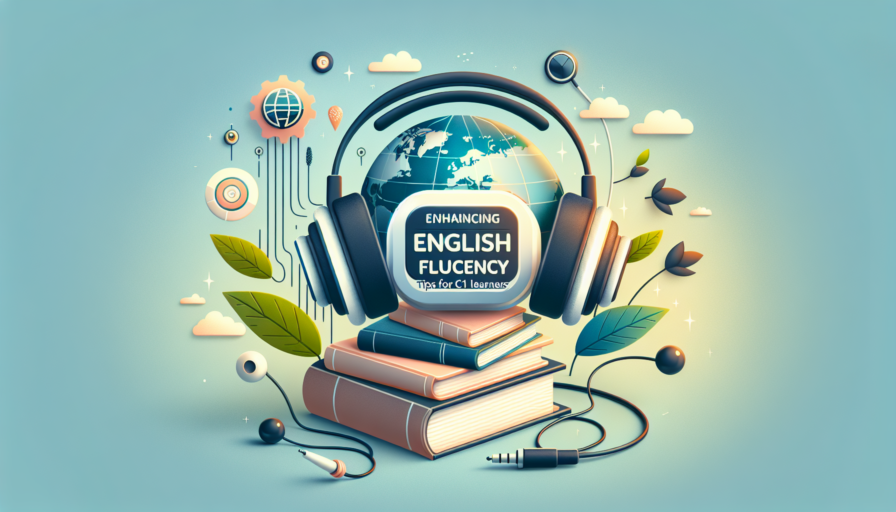
Contents
When we talk about C1 level of English fluency, we are referring to an advanced proficiency that allows individuals to communicate effectively in a variety of contexts. Reaching this level signifies that we have a solid grasp of the language, enabling us to express ourselves fluently and spontaneously without much obvious searching for expressions.
At this level, we can confidently handle the following:
Moreover, achieving C1 level of English fluency allows us to recognize implicit meanings in conversations, giving us a nuanced understanding of the language. We are equipped to discuss abstract topics, engage in debates, and articulate our thoughts convincingly, demonstrating our mastery of idiomatic expressions and a sophisticated range of vocabulary.
In essence, the C1 level of English fluency opens up opportunities for us to engage with native speakers on a deeper level and tackle intricate subjects with confidence, making it an essential milestone in our language learning journey.
At Britannia School, we understand that mastering the English language requires a robust and dynamic vocabulary, especially at the C1 level. To assist each other in this endeavor, we can adopt several effective strategies for expanding vocabulary that are tailored to meet our advanced learning needs.
One impactful method we can utilize is engaging with a wide range of **textual materials**. This includes:
Additionally, implementing effective strategies for expanding vocabulary involves active practice through writing exercises. We can:
Finally, we may consider **contextual learning through language games and apps** that prompt active involvement. These interactive platforms can:
By embracing these effective strategies for expanding vocabulary, we can foster a richer linguistic environment that supports our journey toward language proficiency at the C1 level.
At Britannia School, we understand the significance of mastering communication at a C1 level. Practicing speaking skills is essential for achieving fluency and confidence. In our collective experience, there are some effective strategies that can help us enhance our proficiency further. Here are some tips we have found beneficial:
By implementing these methods into our daily routine, we can effectively advance our speaking skills. Let’s embrace these practices together to achieve greater fluency and articulate our thoughts with ease.
At Britannia School, we understand the unique challenges faced by advanced English learners striving to enhance their listening comprehension. This crucial skill not only aids in effective communication but also fosters deeper understanding of nuanced language and idiomatic expressions. To assist our learners, we focus on several key strategies that can significantly boost their listening abilities.
Firstly, immersing ourselves in varied auditory experiences is vital. Engaging with diverse materials can profoundly improve our comprehension skills. We encourage exploring:
Secondly, practicing active listening techniques can further enhance our skills. By concentrating on the speaker’s tone, pace, and body language, we learn to interpret meaning beyond words. Here are effective methods we can adopt:
Moreover, embracing technology plays a significant role in our journey towards improving listening comprehension. Utilizing language-learning apps that focus on listening can provide targeted practice tailored to our level. We can set personal goals, track our progress, and engage with interactive exercises designed for advanced English learners.
In our journey towards mastering the English language, we often overlook the powerful resources and tools available at our fingertips. At Britannia School, we believe that leveraging these assets can significantly enhance our English fluency. By strategically utilizing various multimedia resources, we can immerse ourselves in the language while developing our skills in listening, speaking, reading, and writing.
One effective method is integrating technology into our learning process. We can explore a wide array of applications designed specifically for language learners. Below are some popular tools we might consider:
Additionally, we should not underestimate the value of traditional resources. Utilizing books, podcasts, and audiobooks allows us to reinforce our vocabulary and comprehension skills. Creating a balanced mix of these resources ensures that we are not only focused on theory but also on practical application. By immersing ourselves with diverse resources and tools, we pave the way for a more effective and enjoyable journey towards achieving English fluency.